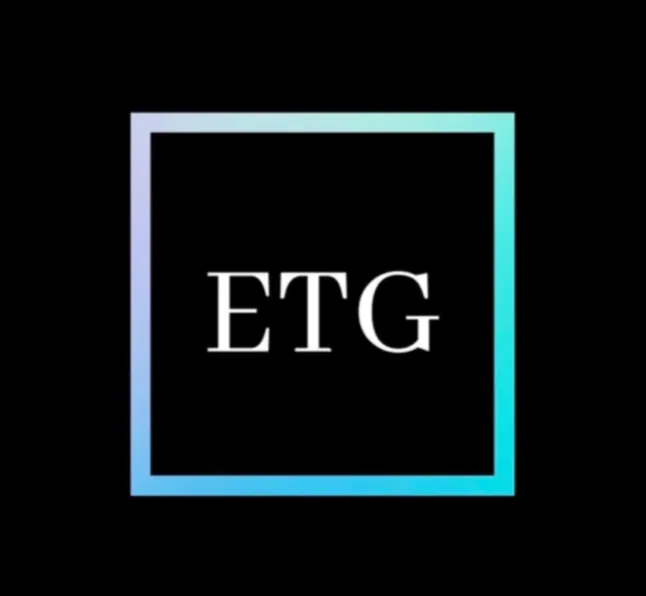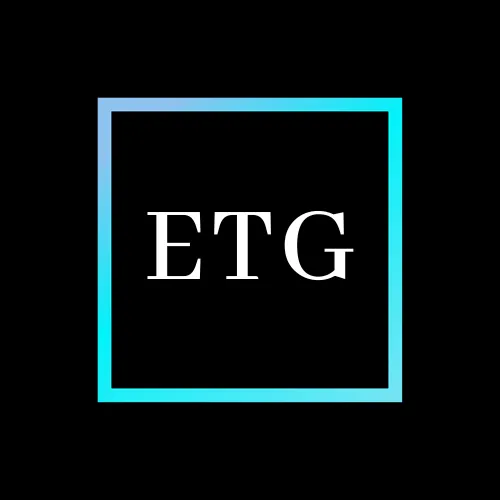PERSONAL LOAN
Fast Funds for Life’s Big Moments
Whether you’re consolidating debt, covering unexpected expenses, or funding a major purchase, our personal loans offer quick approval, flexible terms, and no hidden fees, so you can move forward with confidence.

PERSONAL FUNDING NEEDS
A personal loan is a type of unsecured loan that individuals can use for various personal financial needs. Unlike a mortgage or an auto loan, a personal loan is not backed by collateral like a house or a car. Instead, lenders rely on the borrower's credit worthiness and ability to repay the loan.
Large Purchase
Medical
Debt Consolidation
Renovations
Buy a Car
For a Down Payment
Keep in mind that while personal loans provide flexibility, they come with costs, and it's essential to borrow responsibly and within your means to avoid financial strain. If you have specific questions about personal loans, it's advisable to consult with financial advisors or loan professionals.
Before applying for a personal loan, it's important to carefully consider the purpose of the loan, the amount needed, and the ability to repay. Comparing offers from different lenders, understanding the terms and fees, and reviewing the interest rate are crucial steps in finding the best personal loan for your needs.
Funding Made Easy
Applying for a personal loan, it's important to carefully consider the purpose of the loan, the amount needed, and the ability to repay. Comparing offers from different lenders, understanding the terms and fees, and reviewing the interest rate are crucial steps in finding the best personal loan for your needs.
Personal Loan
Personal Financing Done Right
Here are some key features of personal loans:
Unsecured: Personal loans are typically unsecured, meaning they don't require collateral. Lenders assess the borrower's creditworthiness based on factors such as credit history, income, and debt-to-income ratio.
Fixed Interest Rates: Personal loans often come with fixed interest rates, meaning the interest rate remains constant throughout the life of the loan. This allows borrowers to have predictable monthly payments.
Fixed Loan Terms: Personal loans usually have fixed terms, specifying the period over which the loan must be repaid. Common terms are 2 to 5 years, but they can vary depending on the lender and the loan amount.
Use for Various Purposes: Personal loans can be used for a variety of purposes, such as debt consolidation, home improvement, medical expenses, education, or major purchases.
Credit Check: Lenders typically conduct a credit check as part of the loan application process. A higher credit score often results in a lower interest rate, but there are also personal loans available for individuals with less than perfect credit.
Application Process: Applying for a personal loan involves submitting an application to a bank, credit union, online lender, or another financial institution. The lender evaluates the borrower's creditworthiness, income, and other factors before approving or denying the loan.
Repayment Schedule: Borrowers repay personal loans through fixed monthly installments over the loan term. The repayment amount includes both principal and interest.
Why Choose ETG Financial for Your Personal Loan?
1. Fast & Easy Approval - We simplify the process with quick online applications and same-day decisions, so you get the funds you need without the wait.
2. Flexible Loan Options - Whether you need $1,000 or $100,000, our personal loans come with customizable terms and competitive rates to fit your unique financial goals.
3. No Hidden Fees - At ETG Financial, transparency is everything. No prepayment penalties, no surprises, just clear terms and honest lending.
4. Personalized Support - Our financial experts are here to guide you every step of the way. You’re more than a number to us, you’re a valued client.
5. Trusted Reputation - With a track record of helping individuals across the country, ETG Financial is known for reliability, integrity, and real results.
Personal Loan Options
Unsecured Personal Loan
Secured Personal Loan
Debt Consolidation Loan
Medical Loan
Home Improvement Loan
Wedding Loan
Emergency Loan
Large purchase
Special Occasion Loan
100% Guarantee Best Service

Frequently Asked Questions (FAQs)
What is merchant processing?
Merchant processing refers to the handling of electronic payment transactions for businesses, typically credit and debit card payments. A payment processor enables these transactions and deposits the funds into the merchant's account.
What do I need to start accepting card payments?
You need a merchant account, a payment gateway (if you're online), and a payment processor. Some platforms bundle these together.
What's the difference between a merchant account and a payment gateway?
A merchant account holds your card transaction funds before they're deposited into your bank account. A payment gateway securely transmits card information from your site to the processor.
What are typical fees for merchant processing?
Common fees include:
Transaction fees (1.5%–3.5%)
Monthly fees
Chargeback fees
PCI compliance fees
What’s the difference between flat-rate and interchange-plus pricing?
Flat-rate is a single percentage per transaction (e.g., 2.9%). Interchange-plus is the actual card network fee (interchange) plus a small markup, which can be more transparent and cost-effective for larger businesses.
How long does it take to receive my funds?
Typically 1–3 business days after the transaction, though high-risk merchants may face longer holds.

Innovation
Fresh, creative solutions.

Integrity
Honesty and transparency.

Excellence
Top-notch services.

COMPANY
CUSTOMER CARE
FINANCIAL SERVICES
ADDITIONAL SERVICES
LEGAL
Copyright 2015 ETG Financial. All Rights Reserved.
